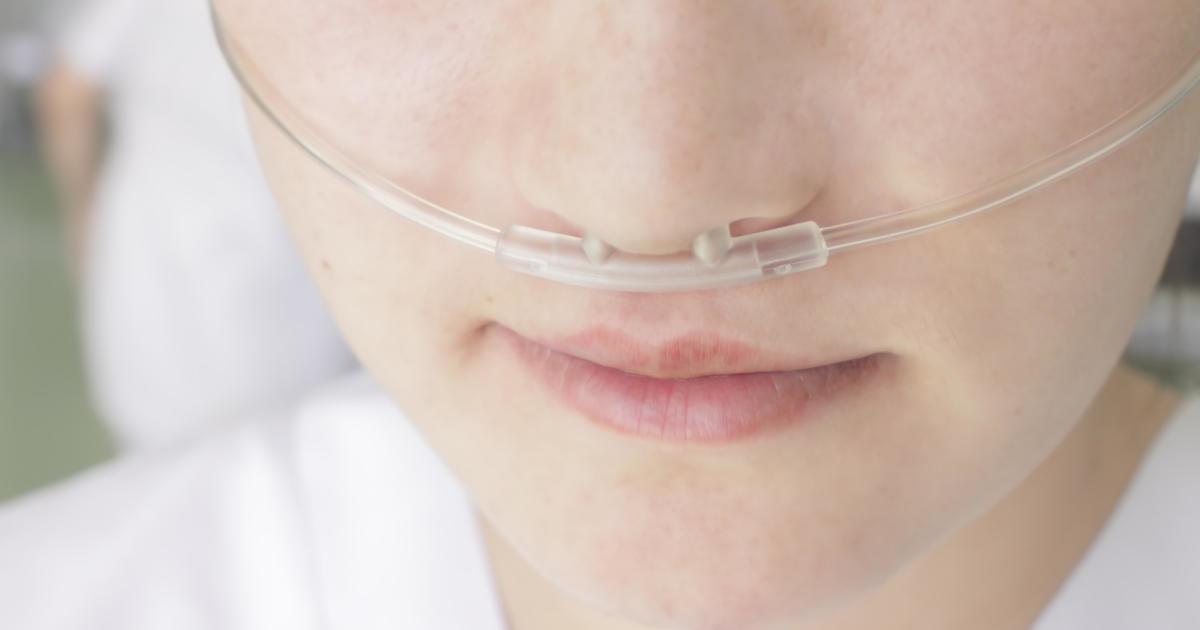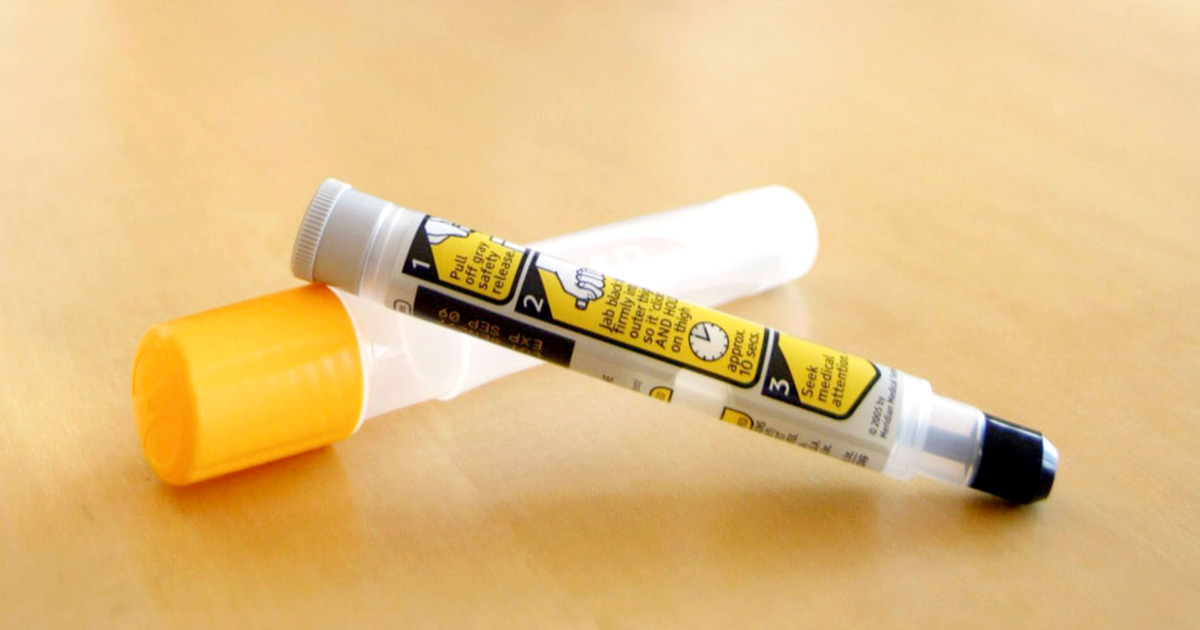How To Effectively Treat Angioedema
Angioedema is a condition that occurs when the area below the skin rapidly swells. In most cases, angioedema is a type of allergic reaction, though it may also be passed down from parent to child. Swelling occurs because of the accumulation of fluid. The condition generally affects areas with loose tissue, particularly the throat and face. In some cases, angioedema can be fatal. Unlike hives, angioedema affects the deeper layers of the skin. Many individuals will experience hives and angioedema simultaneously. There are many different treatment options available that vary depending on the cause of the swelling. Discover the most common treatments now.
Breathing Tube Placement

There have been cases of angioedema where the limbs were affected without the face or neck swelling. However, in a large number of cases, angioedema occurs chiefly in the face and neck. Fluid leaks into the loose areas of tissue beneath the top layer of skin, causing the face and neck to swell rapidly. The swelling will often become so bad that breathing is obstructed and air won't be able to get through the throat. When this is the case, it's essential for emergency intervention to occur. Breathing tube placement will help. A medical professional will insert a tube into the patient's throat through their nose or mouth so they can get oxygen. If their airways close too quickly, a doctor may need to make a small incision in the throat and insert the breathing tube through this.
Continue reading to reveal more strategies for treating angioedema now.
Antihistamines And Epinephrine

Antihistamines and epinephrine are both used when angioedema is the result of an allergic reaction. Epinephrine, an emergency intervention that buys time for a visit to the hospital, is the same substance as the adrenaline the human body produces. Adrenaline triggers a fight-or-flight response. Individuals with severe allergies will often carry epinephrine around with them in case they have an allergic reaction. However, it's important to understand patients still need emergency medical treatment, as epinephrine doesn't stay in the system long, and thus symptoms will return quickly. Antihistamines are medications that relieve allergy symptoms. During an allergic reaction, the body floods with a substance called histamine. Antihistamines stop this substance, and in doing so, cause the allergic reaction to subside.
Get the details on more angioedema treatment options now.
